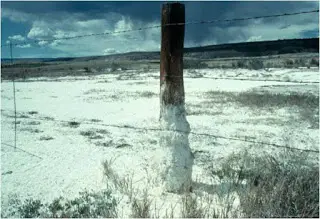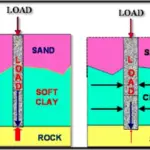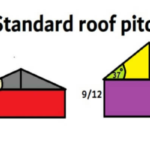If the concentration of harmful salts in the root zone of a plant increases to such an extent that plant growth is effected, this situation is called Salinity.
Salinity is the measure of all the salts dissolved in water. Salinity is usually measured in parts per thousand (ppt or % ). The average ocean salinity is 35ppt and the average river water salinity is 0.5ppt or less.
Salinity is the saltiness or dissolved salt content of a body of water (see also soil salinity).
Salinity is the concentration of dissolved salts found in water. It is measured as the total amount of dissolved salts in parts per thousand (sometimes called PSU or Practical Salinity Units by scientists). Ten parts per thousand is equal to one percent. Salinity in seawater averages 34 parts per thousand or 3.4% but bay waters may vary widely from 0 to 34 PSU.
Causes of Salinity
The factors contributing towards the problem of salinity are almost same as that of water logging.
Every agricultural soil has certain mineral salt is also called alkali salts in it like NaCl, Na2CO3, Na2 SO4 etc.
When these soluble alkali salts are excess in soil and further ground water table is very near to ground, these salts get mixed with ground water and with upward movement of water not only accumulated in first 3~4ft of soil layer below ground surface but also form a tin 2”~3” crust on surface.
Treatment of Salinity
Salinity is treated by following methods :-
- Treatment by Leaching Process
- Chemical Treatment
- Treatment by Mulching
Treatment by leaching process
Step 01.
Providing adequate sub surface artificial drainage.
Step 02.
Leaching salts from the top 3~4ft of soil to ground water table by flooding the land.
Step 03.
Growing salt resistant crops (e.g. rice in summer and Bar seem in winter) for one or two seasons.
Like Us on Facebook!
Treatment by Mulching
It involves covering the effected land with a covering of soil (Mulch) to reduce evaporation losses.
















